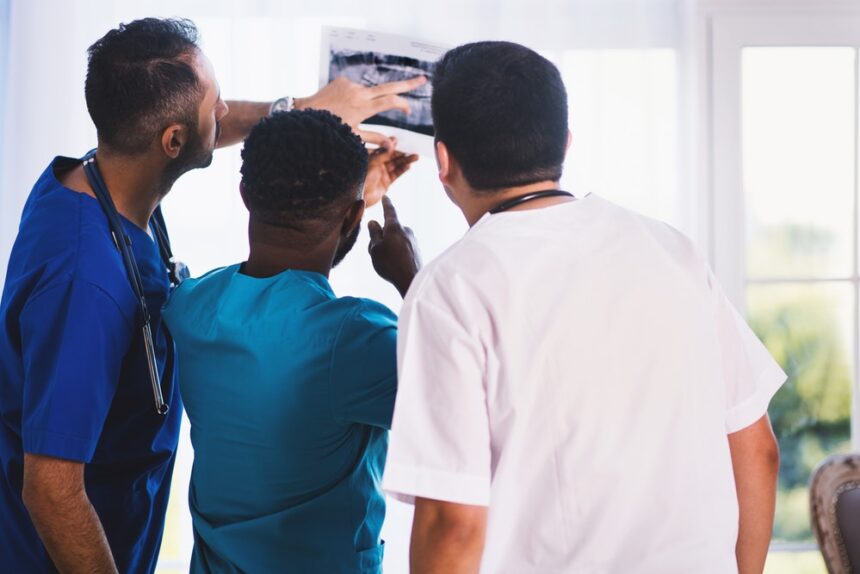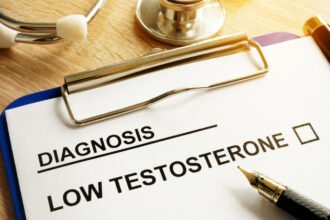Cancer treatment has evolved rapidly in recent years, with new treatment modalities and medications improving survival rates for countless different types of cancer. One of the most important changes to cancer treatment, however, is the emphasis on multidisciplinary treatment teams. By bringing together oncologists, surgeons, radiologists, nurses, and pain management specialists, hospitals surround patients with familiar faces who are also specialists in their field. But there’s still something missing.
If you look at your hospital’s oncology program, and at other oncology programs across the country, you’ll notice a trend: while they offer comprehensive physical health services, many overlook patient mental health. This is a serious problem because as many as 25% of cancer patients suffer depression during their illness. Providing wellness-focused programming as part of cancer care, then, could make a significant difference to patients, improving the quality of care and their outlook during treatment.
Expanding The Team
The first and most fundamental thing that oncology centers can do to provide better care for patients is to add psychologists to existing multidisciplinary teams. This is the approach encouraged by the Center for Oncology Psychology Excellence (COPE), a training program targeted to psychology Ph.D. students and based out of the University of Denver. Psychologists trained by the COPE program are specifically educated on the nature of depression and grief in cancer patients, changing relationships, and other forms of psychosocial distress.
In addition to helping patients cope with negative emotions associated with their diagnosis, therapeutic interventions can help patients deal more productively with their illness. According to The Gawler Cancer Foundation, negative emotions such as depression and anxiety can impair motivation and the ability to make decisions. In practical terms, that means patients may struggle to decide on the next steps in their course of treatment, may miss appointments, and therefore may otherwise compromise their level of care. Adding a psychologist to the primary treatment team can help patients manage those feelings without becoming overwhelmed by them.
A Human Touch
When patients are being treated for cancer, there is often a feeling that people only touch them to point out a new mass, insert a needle, or perform some other unpleasant procedure. Used properly, though, touch can be deeply healing, and that’s why the grant program, Angie’s Spa, funds oncology massage programs and other integrative healing practices in hospitals throughout the country.
Angie’s Spa was founded in honor of a young woman who died of breast cancer in 2007, but the program is about more than indulgence. No, studies have shown that massage therapy can relieve cancer symptoms and side effects of chemotherapy, including pain, nausea, depression, and fatigue. More importantly, though, oncology massage creates connections at a time when patients may feel very isolated.
The Power Of Distraction
Sometimes better mental health is built on the simplest foundation. In fact, one of the principals of dialectical behavioral therapy is the use of distraction and basic self-soothing to manage distress. In formal therapeutic programs, this might include mindfulness activities, doing puzzles, or anything that gives patients a sense of mastery over their emotions. But unfortunately, cancer treatment often consists of endless hours of infusions when patients have little to do besides dwell on their illness. That’s why hospitals need to help patients fill that time with little moments of pleasure.
Children’s hospitals mastered the power of distraction years ago, stocking patient rooms and infusion areas with games, coloring books, and snacks, but this isn’t enough. Programs like Better Day Buddies don’t just provide diversions, but the volunteers interact with patients and their parents, giving everyone a badly needed break from the day-to-day grind of treatment. It also takes away from the feeling of isolation that cancer often causes.
And what about adults? Though adult patients regularly turn up with books or knitting, they also need a pleasant distraction from treatment, and programs like Cancer Wellness Connections are happy to fill the gap. Whether they’re playing cards and sharing snacks or guiding patients through gentle, seated exercise, volunteers are always welcome in the infusion room. It makes the treatment go more quickly and helps patients retain a positive outlook.
Programs like those offered through Cancer Wellness Connections and Angie’s Spa are just a small sampling of how hospitals and non-profits are working together to make mental well-being a central part of oncology programs. For hospitals interested in expanding their offerings, however, they also provide a sense of what’s possible, and most importantly, an example of what works well for cancer patients. At the end of the day, we shouldn’t sacrifice wellness in the pursuit of health, but that doesn’t always come naturally in the midst of aggressive cancer treatment.









